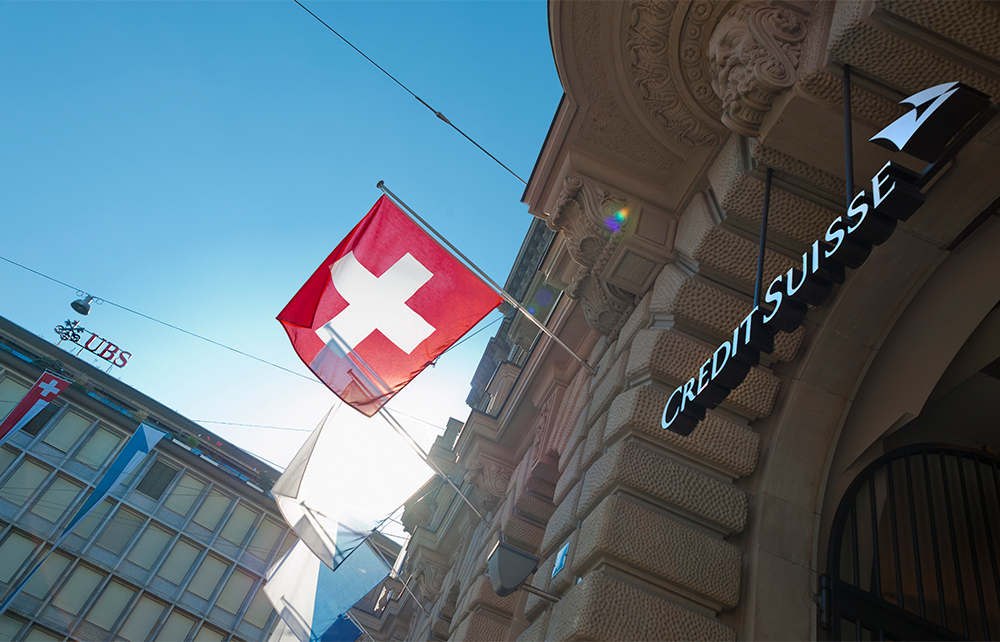
The tale of Credit Suisse ought to be Buddenbrooks on steroids. A staid Swiss lender enters marriage with a racy Wall Street investment bank and gives birth to a monster. Scandal follows scandal. CEOs come and go. In March 2023, the bank ends up being flogged to its arch rival UBS for a miserly $3 billion.
Inside Credit Suisse, the backstabbing and treachery were more suited to a medieval court
Duncan Mavin is well placed to tell this corporate horror story, having written a book about one of Credit Suisse’s most notorious clients, Lex Greensill, an Australian melon farmer turned fintech champion. Greensill Capital, which employed David Cameron as a Whitehall lobbyist and international frontman, turned out to be a house of cards. Meltdown is a repeat demolition job, a pacy account of Credit Suisse’s rise and fall.
At the outset, Mavin observes that the world’s top banks have paid out billions of dollars in fines for misconduct since the global financial crisis in 2008/9. Dodgy clients, money laundering, sanctions busting and trading blow-ups – reputational damage of one sort or the other has plagued the likes of Barclays, Deutsche, HSBC and even J.P. Morgan, widely viewed as best in class. But no one has been a serial offender like Credit Suisse, often dubbed Credit Swizz or Debit Suisse. Why?
The story begins in 1856, when Alfred Escher, the son of one of the country’s leading dynasties, created Schweizerische Kreditanstalt, a domestic bank set up to lend money to fuel the growth of the railways, the foundation of modern Switzerland. Along with the other private Swiss banks, Credit Suisse took full advantage of banking secrecy to attract funds from wealthy clients in neighbouring France, Germany and Italy eager to escape punitive tax rates.
Things began to go wrong in the late 1980s when Credit Suisse’s gung-ho chairman Rainer Gut formed a joint venture with First Boston, a high-octane Wall Street investment bank.

Magazine articles are subscriber-only. Keep reading for just £1 a month
SUBSCRIBE TODAY- Free delivery of the magazine
- Unlimited website and app access
- Subscriber-only newsletters








Comments
Join the debate for just $5 for 3 months
Be part of the conversation with other Spectator readers by getting your first three months for $5.
UNLOCK ACCESS Just $5 for 3 monthsAlready a subscriber? Log in